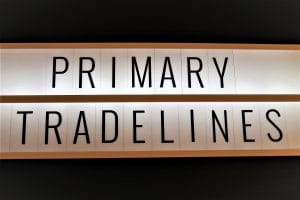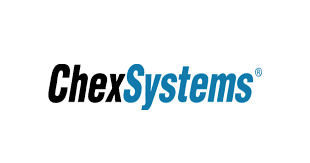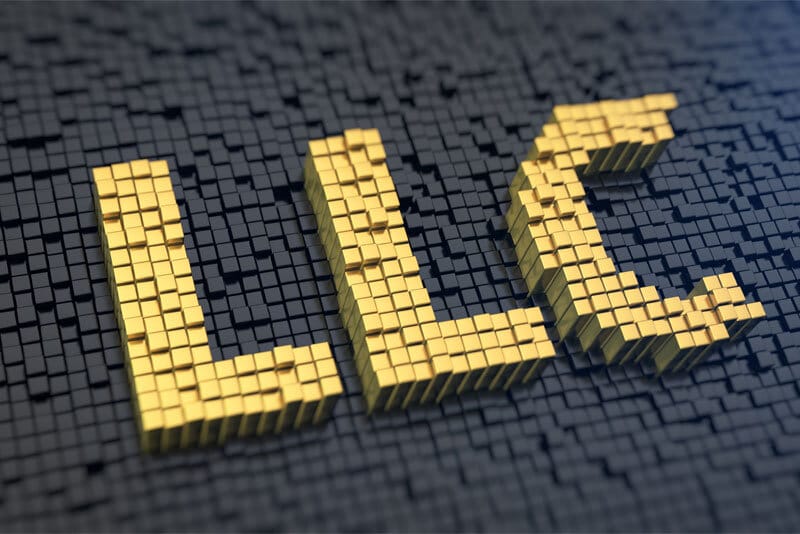What Is a Primary Revolving Tradeline?
A primary revolving tradeline is a credit account in your name that allows you to borrow up to a set limit, pay it down, and reuse it. Examples include:
✅ Credit cards
✅ Personal lines of credit
✅ Business credit lines
These tradelines report to credit bureaus as part of your financial history, helping improve your credit score and funding potential.
Why Primary Revolving Tradelines Matter
A high-limit primary tradeline offers:
✔ Lower credit utilization (improves FICO score)
✔ Better credit mix (helps with lender approvals)
✔ Positive payment history (builds strong credit)
✔ Higher credit limits over time
By strategically managing a primary revolving tradeline, you can qualify for larger credit cards, business loans, and mortgages.
How to Get the Most Value from a Primary Revolving Tradeline
Many people add tradelines but fail to optimize them. To maximize a 12-month reporting primary tradeline, follow these best practices:
1. Keep Credit Utilization Low
💡 Tip: Keep utilization under 10% for the best credit score boost.
Example:
- You have $5,000 in total credit
- You use $2,500 → 50% utilization (bad for credit)
- You add a $15,000 primary tradeline → Utilization drops to 12.5% (improved score)
Lenders prefer utilization below 30%, but under 10% is ideal for funding approvals.
2. Make On-Time Payments for 12 Months
🚀 35% of your credit score is based on payment history.
To maximize benefits:
✅ Set automatic payments to avoid late fees
✅ Pay at least the minimum balance monthly
✅ Pay early to show strong credit habits
💡 One late payment can hurt your score for years—stay consistent!
3. Use Your Tradeline to Qualify for Higher Credit Limits
Banks review your highest credit limit when approving new loans.
📌 Example:
- If you have a $15,000 primary tradeline, banks are more likely to approve:
✔️ High-limit personal credit cards
✔️ Business credit lines
✔️ Auto loans and mortgages
✅ Best Strategy: Use the tradeline for 6-8 months, then apply for new credit with higher limits.
4. Leverage It for Business Credit & Funding
If you’re an entrepreneur, a high-limit tradeline strengthens your profile for business funding approvals.
✅ After 3-6 months, apply for:
✔ Business credit cards
✔ Lines of credit
✔ Small business loans
💡 Banks look for high-limit personal credit before granting business funding!
5. Don’t Close the Tradeline Too Soon
Many people close accounts too early, hurting their credit age and available credit.
📌 Before the 12-month tradeline expires:
✔ Apply for new personal or business credit
✔ Request a credit limit increase on other accounts
✔ Maintain low utilization to avoid a sudden credit score drop
✅ Plan ahead to prevent a negative impact when the tradeline closes.
Primary Tradelines vs. Authorized User (AU) Tradelines
Some people add authorized user (AU) tradelines to improve credit. But AUs don’t hold the same value as primary tradelines.
| Feature | Primary Revolving Tradeline | Authorized User (AU) Tradeline |
|---|---|---|
| Ownership | You own the account | Someone else owns it |
| Reports Utilization? | Yes | Sometimes ignored by lenders |
| Helps Secure More Credit? | Yes | No, banks often disregard AUs |
| Builds Credit History? | Yes | Yes, but does not show responsibility |
| Best for Funding? | ✅ Yes | ❌ No |
💡 Takeaway:
AUs help with credit age, but primary tradelines improve funding approvals, credit utilization, and real financial responsibility.
How Our $15,000 Primary Revolving Tradeline Can Help You
At Crowned Credit, we offer a $15,000 primary revolving charge card that reports to credit bureaus for 12 months.
✅ Key Benefits:
✔ Boosts your available credit (lowers utilization)
✔ Reports as a primary tradeline (helps with funding)
✔ 12 months of positive payment history
✔ Can help you qualify for higher credit approvals
💡 Who Benefits Most?
✔ People looking to boost their credit
✔ Entrepreneurs preparing for business funding
✔ Anyone who wants to qualify for higher-limit credit cards
📌 Want to add a $15,000 primary revolving tradeline to your credit profile?
👉 Contact us today to get started!





